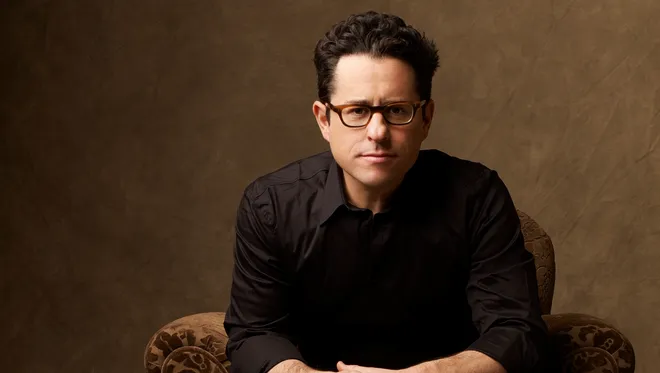George Clooney is no stranger to the inner workings of Hollywood. With decades of experience as an actor, director, and producer, he’s seen the industry evolve, adapt, and at times, struggle. Recently, Clooney expressed a deep concern that Hollywood is being “eaten up” by corporate giants like Amazon and Walmart. But what exactly does he mean, and why should we care?
Corporate Dominance in Hollywood
In recent years, the landscape of Hollywood has shifted dramatically. Once dominated by traditional film studios, the industry is now increasingly influenced by tech giants and massive corporations. Companies like Amazon and Walmart, once known for their retail empires, have entered the entertainment world, leveraging their vast resources to produce and distribute content on an unprecedented scale.
Clooney’s concern is that these corporations prioritize profit over creativity. While the traditional studio system was far from perfect, it was often run by people who had a deep understanding and love for film. Today, however, decisions about what movies or shows get made are often driven by algorithms and data analytics, focusing on what’s most likely to generate views and revenue rather than what’s most artistically innovative or culturally significant.
The Impression on Creativity and Content
One of the biggest fears Clooney has is that this corporate influence will stifle creativity. When the bottom line becomes the primary focus, there’s less room for risk-taking and experimentation. Instead, we’re more likely to see a proliferation of content that’s safe, formulaic, and designed to appeal to the broadest possible audience.
Streaming services, especially those owned by these large corporations, play a significant role in this shift. These platforms rely heavily on algorithms to recommend content to viewers, often pushing popular or trending shows and movies over more niche or innovative offerings. As a result, unique voices and original ideas may be overshadowed by content that’s designed to be easily digestible and mass-market friendly.
Clooney’s worry is that if this trend continues, Hollywood could lose the very qualities that made it a global cultural powerhouse. The focus on high-volume, low-risk content could lead to a homogenization of the industry, where originality and artistic expression are sacrificed for commercial success.
Can Hollywood Push Back ?
The big question is whether Hollywood can resist this trend. Is there a way to strike a balance between corporate interests and artistic freedom? Clooney himself has navigated this landscape with some success, using his production company, Smokehouse Pictures, to maintain a degree of creative control over the projects he’s involved in. But even he acknowledges that the pressure to conform to commercial demands is growing.
One potential solution is for filmmakers, producers, and artists to find new ways to fund and distribute their work outside the traditional corporate structures. Independent film has always been a haven for creativity, and as technology evolves, there are more opportunities than ever for creators to reach audiences directly. However, the challenge is enormous, and the influence of the corporate giants shows no signs of waning.
The Role of Audiences
Ultimately, the future of Hollywood may lie in the hands of its audience. Viewers have more power than they might realize. By choosing to support independent films, subscribing to smaller streaming services, and seeking out diverse, innovative content, audiences can help ensure that Hollywood remains a place where creativity can thrive.
Clooney’s warning is a wake-up call. As Hollywood continues to evolve, it’s crucial to keep the balance between art and commerce in check. Otherwise, we risk losing the unique magic that has made Hollywood an enduring symbol of creativity and innovation.
George Clooney’s concerns are not just the musings of a veteran actor but a call to action for everyone who cares about the future of film and television. As the lines between entertainment and commerce blur, it’s more important than ever to support and champion creativity in all its forms. Whether Hollywood can navigate this challenging landscape remains to be seen, but one thing is clear: the battle between corporate interests and artistic integrity is far from over.
No comments yet.








